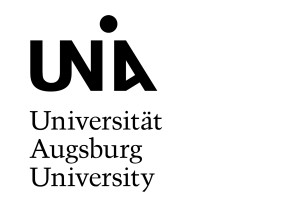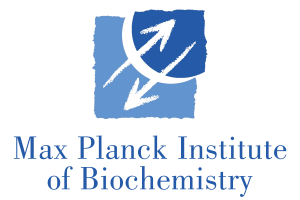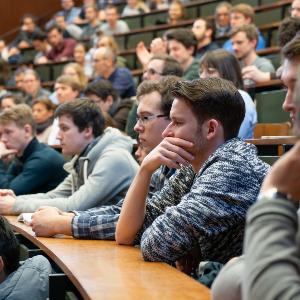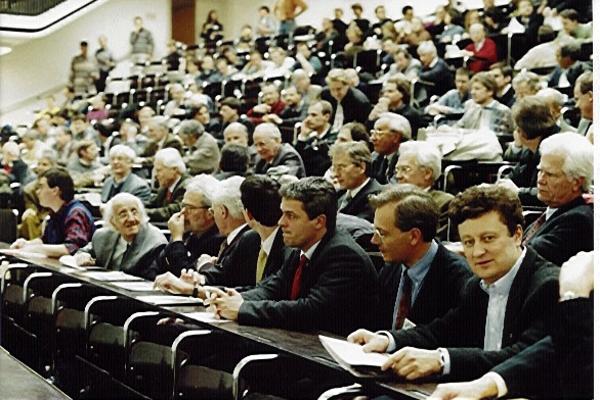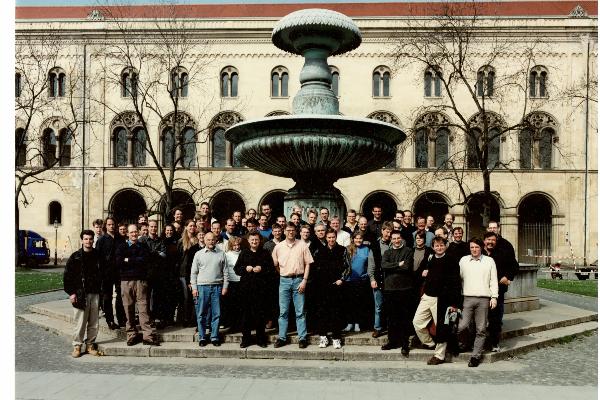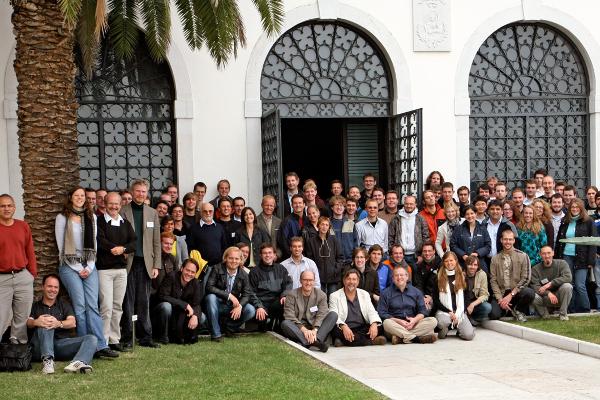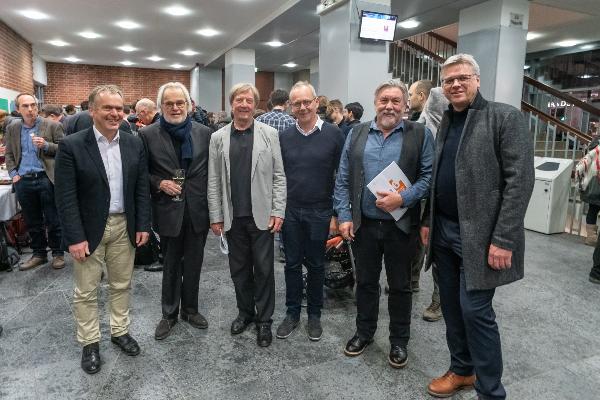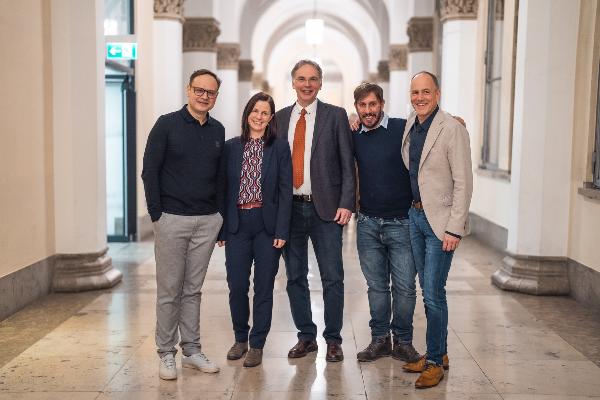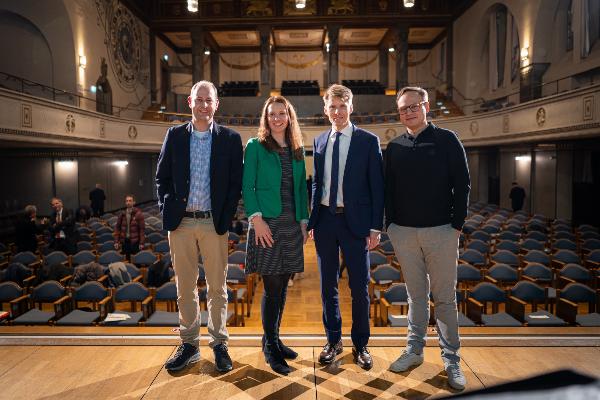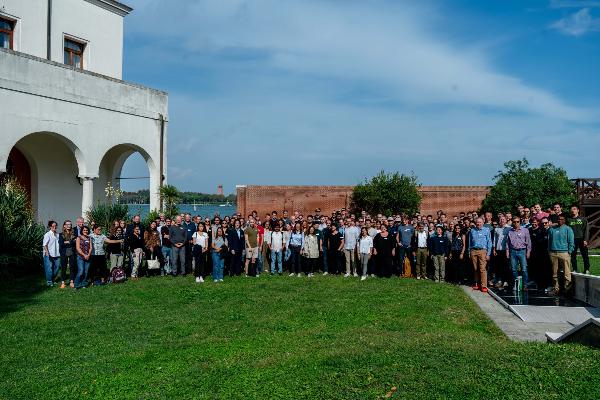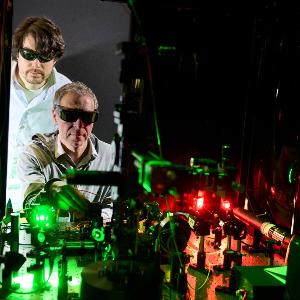
About CeNS
The Center for NanoScience (CeNS) at LMU Munich fosters and coordinates interdisciplinary research in the field of nanoscience. CeNS operates as a local network, uniting scientists from various faculties and institutions.
The Center for NanoScience (CeNS) was established in 1998 at Ludwig-Maximilians-Universität (LMU) in Munich as one of the world’s first nanoscience networks. Today, CeNS connects the work of over 80 research groups. By sharing extensive interdisciplinary expertise in physics, chemistry, biology, medicine, and pharmacy, CeNS members drive innovation and progress in both nanosciences and nanobiosciences.
Research Cooperation
CeNS actively fosters and supports collaborative research that bridges disciplines and institutions. By sharing knowledge and engaging in continuous dialogue, the network creates synergies that accelerate scientific advancement. CeNS organizes numerous opportunities for members to meet, exchange ideas, and collaborate through scientific meetings and social events. Additionally, the network provides funding to support cooperative projects between scientists from different CeNS groups.
Interdisciplinary Education
CeNS offers a comprehensive educational program for PhD and master’s students, featuring workshops, seminars, colloquia, and lecture series throughout the year. These events, often led by internationally renowned speakers, cover a broad range of topics in nanosciences and nanobiosciences. The program also includes international exchange opportunities and soft-skills workshops. Students are encouraged to take an active role in organizing scientific events, including inviting guest speakers and contributing to the planning of seminars and workshops.
Transfer to Industry
CeNS promotes the translation of research findings into industrial applications. Members collaborate with industry partners on joint research projects, and CeNS strongly supports the creation of spin-off companies by its researchers. The close ties between these spin-offs and their CeNS colleagues provide a solid foundation for sustained, collaborative research and innovation.
History
CeNS was founded in 1998 by one theoretical and five experimental research groups from the Department of Physics at LMU, led by Professors Jochen Feldmann, Hermann Gaub, Khaled Karrai, Jörg P. Kotthaus, Johann S. Peisl, and Wilhelm Zwerger. Officially beginning its activities in early 1999, the founding members brought expertise in diverse areas, including:
- Photonics and optoelectronics
- Biophysics at the nanometer scale
- Nanometer-scale semiconductor physics and devices
- Experimental physics, biophysics, and soft condensed matter physics
- Statistical and biological physics
Since its inception, CeNS has grown into a vibrant network, attracting numerous scientists from diverse fields such as physics, chemistry, biology, and medicine. These researchers hail from institutions including LMU, the Technical University of Munich, the University of Augsburg, and beyond. Today, CeNS connects approximately 450 highly motivated researchers, fostering interdisciplinary collaboration and innovation.


